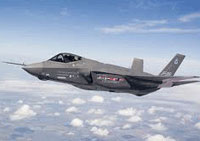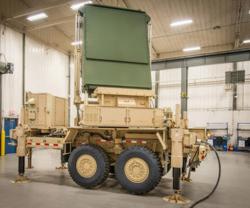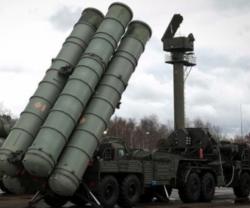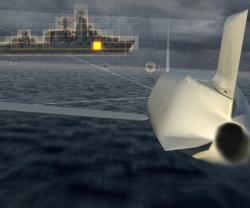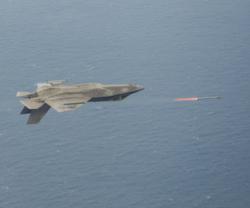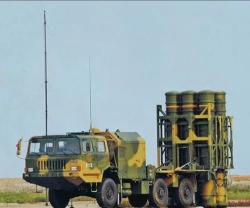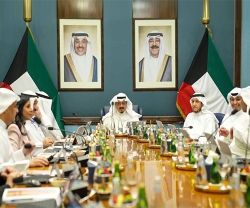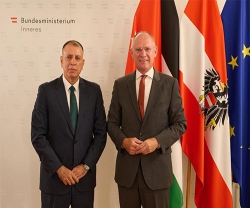The US Defense Department has suspended fleetwide ground and flight test operations of Lockheed Martin Corp's F-35 Joint Strike Fighter aircraft, its costliest arms purchase.
The department acted after the failure earlier this week of one aircraft's "integrated power package", a turbo-machine that starts the engine and cools the plane, the Pentagon's F-35 Joint Program Office said.The office said in a statement that the suspension was a precautionary measure until experts understand the root causes of the failure aboard an F-35 conventional takeoff and landing variant at Edwards Air Force Base, California.
There are 3 F-35 models, or variants: A conventional takeoff-and-landing type for the Air Force; a short takeoff-vertical landing model for the Marine Corps and a carrier takeoff-and-landing variant for the Navy.
"Once the facts are understood, a determination will be made when to lift the suspension and begin ground and flight operations of the 20 F-35s currently in flying status," the statement said.
These aircraft are part of the system development and demonstration and low-rate initial production fleet.
The United States is developing the family of radar-evading F-35s with 8 international partners, including: Britain, Italy, the Netherlands, Turkey, Canada, Australia, Denmark and Norway.
It is currently projected to cost the US more than $382 billion to buy a total of 2,443 F-35 models over the next 2 decades. Other countries, including the co-development partners, are expected to buy roughly another 750 aircraft.
The F-35 is projected by Lockheed Martin, the Pentagon's No. 1 supplier by sales, to account for more than 20% of its revenues once the Pentagon starts full production runs, likely in another few years.
The program had built enough "margin" into the test schedule to accommodate "these kinds of incidents that occur in a development effort," the Pentagon statement said.
Periodic updates on the matter will be released as warranted, it said. Lockheed Martin is supporting the review efforts 100%, said Michael Rein, a company spokesman.
"We are working very hard with all involved to resolve this issue so we can begin flight operations again which is everyone's goal," he said.
Source: Reuters

